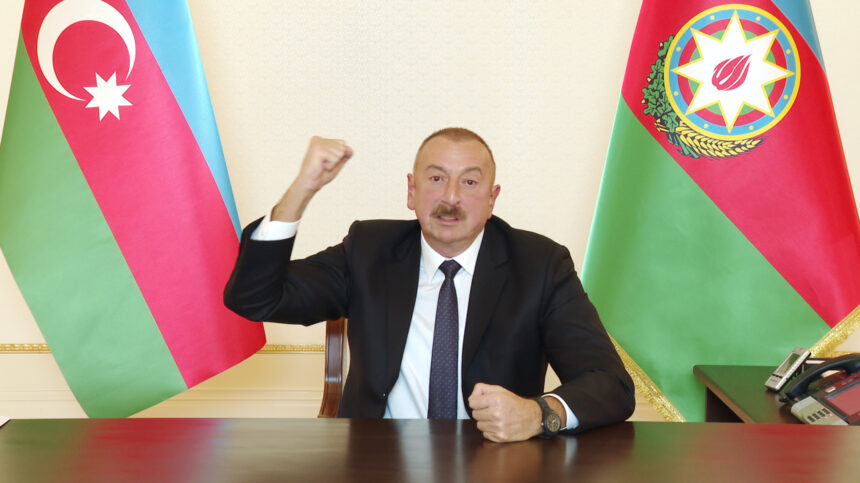The leaders of Armenia and Azerbaijan convened in the United Arab Emirates for peace talks aimed at ending nearly four decades of conflict, yet the long-anticipated breakthrough failed to materialize, leaving the path to peace still uncertain.
On Thursday, Armenian Prime Minister Nikol Pashinyan and Azerbaijani President Ilham Aliyev met in Abu Dhabi following the finalization of a draft peace agreement in March. However, despite hopes for significant progress, the final statements released separately by both countries’ foreign ministries offered no clear signs of a resolution. Instead, they stated that the two leaders had “agreed to continue bilateral negotiations and confidence-building measures between the two countries.”
The statements emphasized that “bilateral negotiations represent the most efficient format to address all issues concerning the normalisation process,” and added that the two sides had agreed to maintain this “result-oriented dialogue” and continue the process of delimiting their shared border.
The two South Caucasus nations have experienced recurring hostilities since the late 1980s, when the Nagorno-Karabakh region — then predominantly populated by ethnic Armenians — broke away from Azerbaijan with Armenian support. The long-running dispute erupted into two major wars and numerous clashes over the decades.
Efforts to advance peace talks gained traction after Azerbaijan reclaimed control over Nagorno-Karabakh in a swift military campaign in September 2023. That operation triggered the mass exodus of nearly the entire Armenian population — around 100,000 people — from the region to Armenia. Despite subsequent negotiations and a draft peace deal, the timeline for reaching a final agreement remains vague.
One of the key points of contention is Azerbaijan’s demand that Armenia amend its constitution, which Baku argues contains implicit territorial claims over Azerbaijani land. Although Yerevan denies this assertion, Prime Minister Pashinyan has repeatedly acknowledged the need to update Armenia’s founding charter — a position he reiterated earlier this week.
Azerbaijan is also pressing for the creation of a transport corridor through Armenian territory to connect the mainland with Nakhchivan, an Azerbaijani exclave bordered by Turkiye, Baku’s close ally.
Thursday’s meeting followed the leaders’ last encounter in May on the sidelines of the European Political Community summit held in Tirana, Albania. In June, Pashinyan made a rare diplomatic trip to Istanbul for talks with Turkish President Recep Tayyip Erdogan — a move Armenia described as a “historic” step toward fostering regional peace.
Meanwhile, U.S. Secretary of State Marco Rubio expressed optimism this week for a prompt resolution between Armenia and Azerbaijan, underscoring international interest in a lasting peace.
The origins of the conflict trace back to the late 1980s, when tensions over Nagorno-Karabakh flared into violence, displacing hundreds of thousands. The fighting led to the mass expulsion of Muslim Azeris from Armenia and Christian Armenians from Azerbaijan, contributing to a deep and enduring animosity between the two countries.






